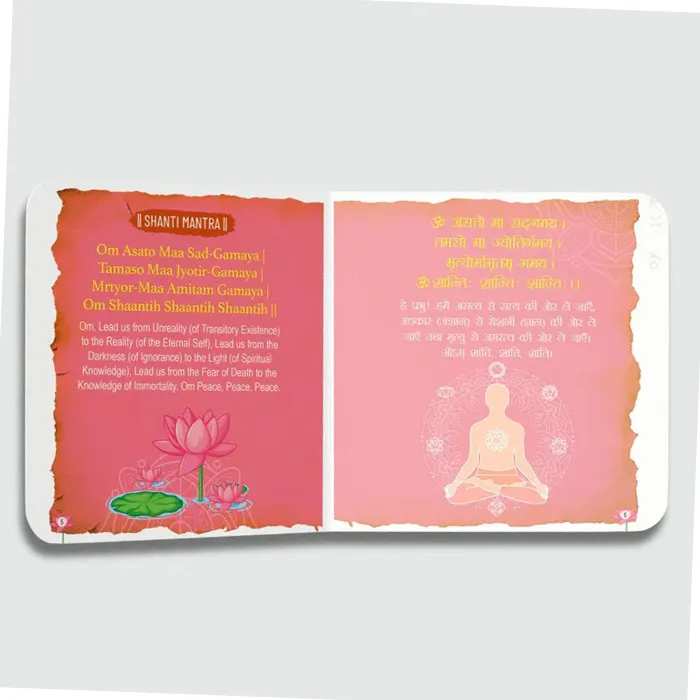Social distancing during a lockdown is not necessarily a punishment. Silence and solitude are a potent means for personal growth and self-renewal, a great way to nurture dispassion in ourselves. The natural tendency of the senses is to go outwards, and enjoy the whole creation. Right from the moment you wake up in the morning, you want to see, smell, taste, hear and touch. However, the ability of the senses to enjoy is limited.
How long can you watch the beautiful scenery? The desire to enjoy through the senses first comes in the mind, but the capacity of the senses to enjoy is limited. Suppose you love pudding, or apple-pie; how much can you eat? One piece, two pieces, three servings. By the time you have the third serving, the same thing that was giving you pleasure, becomes painful. This is because our ability to enjoy is limited to our senses.
We can enjoy anything on the planet only when what we desire is available, there is the right attitude in the mind, and the senses are not tired. This is not often the case. Things may not be available like right now, a lot of things you want may not be available in the market, or the state of mind may not be right or the senses may be tired, yet the mind is feverish about desires and the outcome of our actions. What can be done in such a situation?
This is where dispassion helps. Notice that after too much excitement you want to be a little quiet and calm.
When you are in the grip of feverishness what do you do? One, have faith and confidence that the result will be much better than you can imagine. Wit h f a it h , you can get rid of feverishness of action/ achievement. Feverishness can also be a h a n gove r from over activity. Then sleep, listening to flute music and cold-water baths can help.
Two, have dispassion and know the whole thing will be over one way or the other, and it does not matter. Meditation and breathing can calm you down. Drop whatever you are doing and do something completely irrelevant, like while decorating your house, take a moment off to cut grass. When you are doing something very important, take a moment off to do something totally irrelevant and insignificant. This enhances your creativity.
Relevant action keeps you bound to the action. Irrelevant action makes life a game.
Now, suppose everything is available. You are hungry, you want to have food, and you can enjoy it, but even that enjoyment is momentary. It stays for a few moments. See, a desire fulfilled causes frustration; a desire unfulfilled also causes frustration. What do we need to do? What is the answer?
The answer is to look inside. Go to the source of happiness. Then the senses are strengthened, you become content and things become available the way you want them. All three happen when the senses are turned inwards, and that inward turning of senses is called dispassion. Desirelessness, dispassion and samadhi are the deepest rest, a space where joy and beauty spring from.
Sri Sri Ravi Shankar is a humanitarian leader, spiritual teacher and an ambassador of peace.























